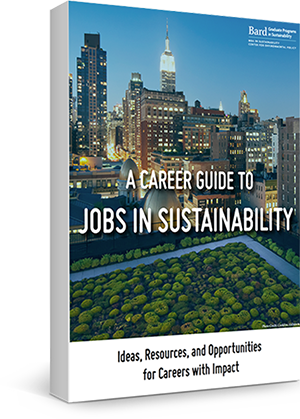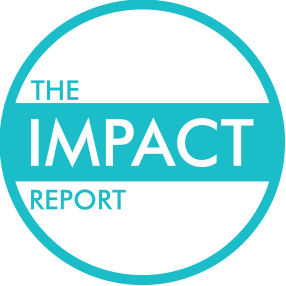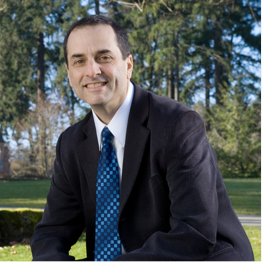What is Leadership? Why Sustainability Efforts Need Strong Collective Leadership Leadership Is in High Demand: The Corporate Desire for Sustainable Leaders Building Your Network: The Key to Success in a Sustainability Career How to Become a Sustainable Leader?Check Out These Other ResourcesProfessional Development for Sustainable Leaders: Here’s the Bard DifferenceHear from Bard's Sustainability Thought Leaders About Paths to Success in SustainabilityConnect with BardCheck Out Our Blog!

![Apply Now [CEP]](https://no-cache.hubspot.com/cta/default/3808286/bc487dc9-e08b-4be4-9960-69f4e9098037.png)
![Apply Now [MBA]](https://no-cache.hubspot.com/cta/default/3808286/28a66e5a-f76d-4abc-9f67-8dcf37fe9116.png)























